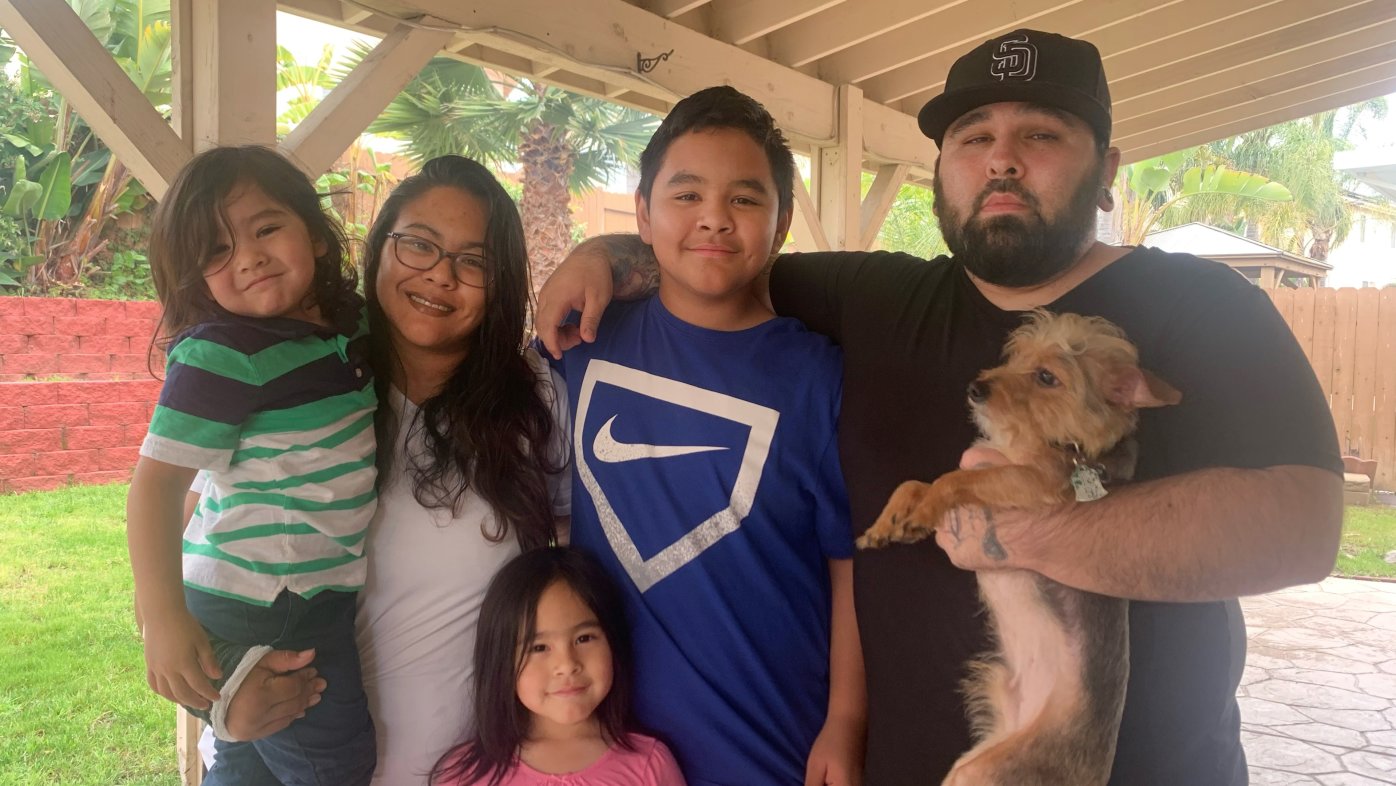
ECMO treatment gives woman a second chance at life (video)
Brandi Garcia’s severe asthma attack turned life-threatening. She credits ECMO and her Sharp caregivers for saving her life.
If you really think about it, growing older truly is a blessing — one not everyone can enjoy. However, there are a few things that come with advanced age that might not seem so rosy.
One example: waking several times during the night having to urinate. Known as nocturia — and more informally as “having to pee a lot at night” — this common concern among older adults can lead to decreased sleep and for some people, embarrassment.
“While age alone is not a direct cause of nocturia, older people tend to have more of the problems related to the condition,” says Dr. Claudia Sevilla, a urologist affiliated with Sharp Chula Vista Medical Center. “These causes include medical conditions and medications, such as diuretics for heart conditions or blood pressure.”
According to Dr. Sevilla, medical conditions that can lead to nocturia include:
Overactive bladder or low bladder capacity, commonly known as “having a small bladder”
Untreated or poorly managed diabetes
Congestive heart failure, when the heart is unable to pump enough blood through the body, which can cause fluid retention
Obstructive sleep apnea, when breathing is interrupted during sleep
Nocturnal polyuria, when the body produces excessive urine at night
“In some cases, frequent nighttime urination may be the first presenting symptom of congestive heart failure or diabetes,” Dr. Sevilla says. “Or it can simply be because a person is drinking too many fluids before going to sleep. Our initial step is trying to figure out why a patient has nocturia and ensuring that all preexisting conditions a patient has are being treated appropriately. We then begin treating the nocturia.”
How frequent nighttime urination is treated
The International Urogynecological Association reports treating nocturia is classified into three categories: conservative approaches, medications, and surgical or procedural options:
Conservative approaches
Restricting the intake of fluids after 4 pm
Taking diuretics, sometimes known as “water pills,” no less than six hours before bedtime
Elevating the legs often during the day
Wearing compression stockings
Medications
Desmopressin, which reduces the amount of urine produced at night but cannot be used by people with congestive heart failure
Medications that reduce bladder spasms
Medications that relax bladder muscles and increase bladder capacity
Surgical or procedural options
Bladder instillation, an in-office procedure to place medication directly in the bladder
Injecting purified botulin neurotoxin — commonly known by the brand name Botox — into the bladder wall
Placing a device similar to a pacemaker to signal the bladder when and when not to contract
Urinary diversion, a procedure to reroute urine through a newly constructed bladder, usually made from the bowel
“Getting complete control of nocturia can be difficult at times,” Dr. Sevilla says. “I usually recommend having a commode at the bedside or using adult diapers or pads. If necessary, we sometimes recommend a PureWick device, which is a noninvasive external catheter that can be worn to catch urine in the middle of night, so the individual can get more rest.”
Most importantly, Dr. Sevilla always tries to assure her patients that frequent nighttime urination is a common problem. There are several treatment options and no need for embarrassment.
“Although nocturia can be embarrassing, it is more common than most people realize,” she says. “I recommend seeking treatment and asking your primary care physician for a referral to see a urologist.”
Learn more about pelvic health; get the latest health and wellness news, trends and patient stories from Sharp Health News; and subscribe to our weekly newsletter by clicking the "Sign up" link below.
Our weekly email brings you the latest health tips, recipes and stories.